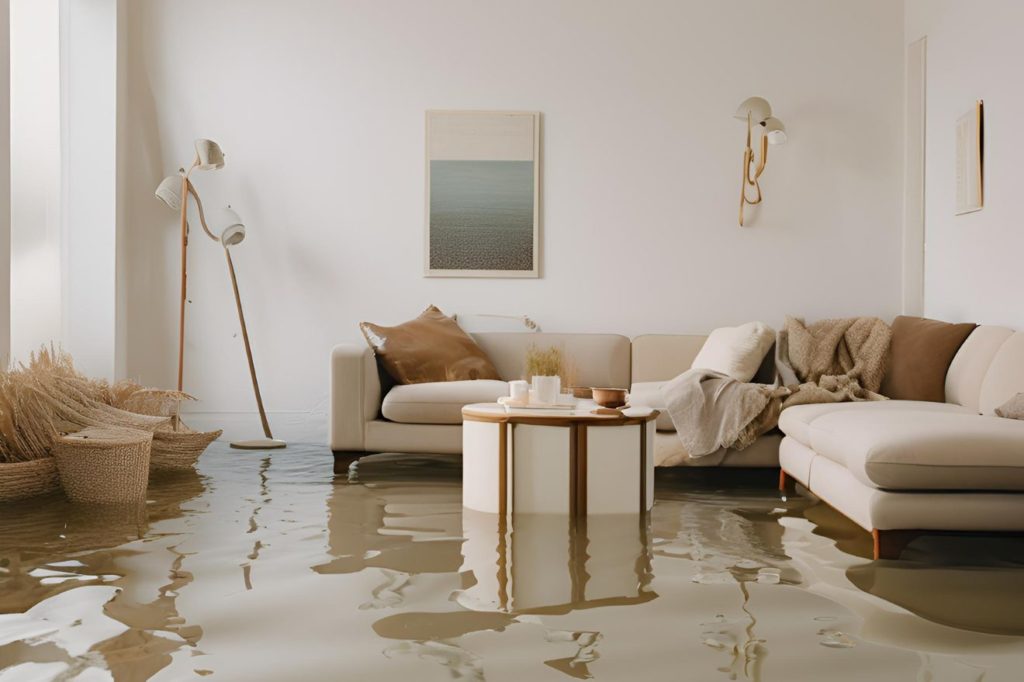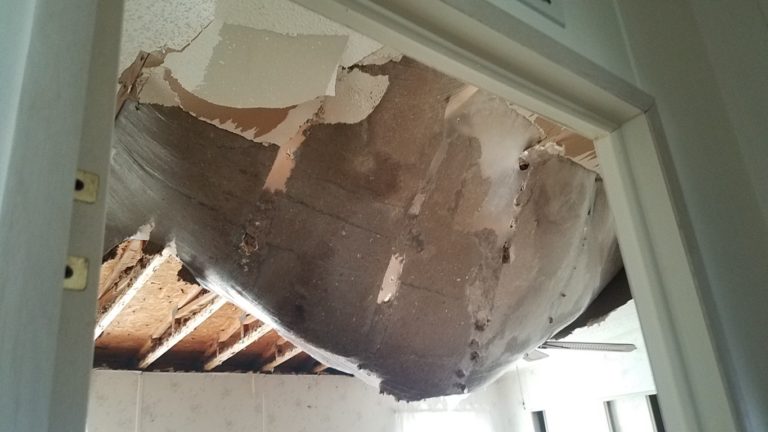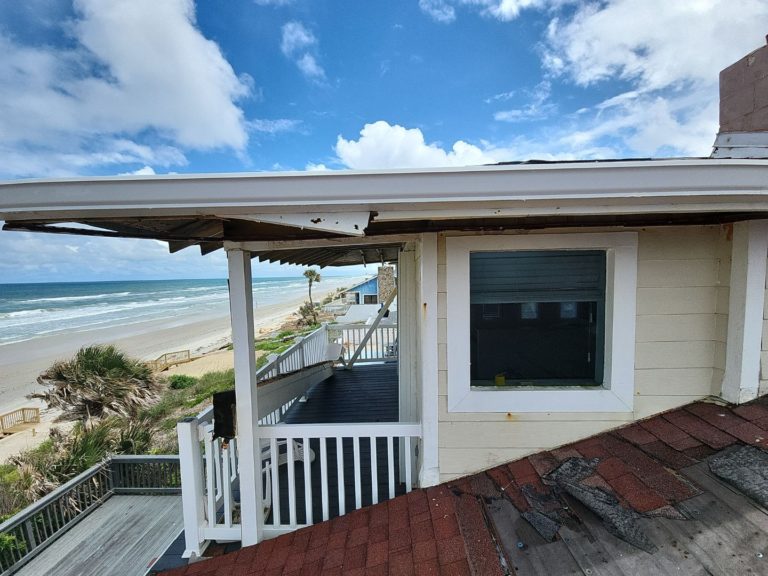Published 8/1/2024
"Hey Alexa - What's property damage law?"
If you find yourself asking your robo-smart speaker this question, or maybe scouring the internet for a direct definition, you may find yourself more confused than when you started. Property damage law can be quite complex, especially when you have to sort through mounds of legal jargon. Allow us to break it down for you and help you understand easily…

Let’s start with the basics: a simple definition (since that’s what you were looking for from the get-go!)
Property damage law; injury to real or personal property. (Cornell Law School, Property damage)
Well, okay maybe that definition isn’t specific enough… Property damage law covers situations where someone’s property (real or personal) gets damaged. This could be a car, a house, or something else. Navigating the legal aspects of property damage can add another layer of complexity to an already challenging situation. In this guide, we will break down the basics of property damage law in a straightforward manner to help you better understand your rights and options.

The first thing to figure out when property has been damaged is: Who is responsible for the damage? This could be another person, a company, or even a government entity. Understanding liability is crucial as it determines who is financially responsible for covering the damages.
Property damage can come in many forms. It could be physical damage, like a dent in your car, or hurricane damage to your home. It can also include things like lost or stolen property. Assessing the type of damage (extent and nature) to the property is an important and necessary step to finding the appropriate course of action.
Many times, individuals and businesses carry insurance policies to protect against property damage. These kinds of policies may provide coverage for repairs, replacements, or financial compensation depending on the terms outlined in the policy. If you have insurance for your car or home, you’ll need to check your policy to see what’s covered. It is crucial to know and understand your policy limits.
When insurance coverage is insufficient or unavailable, pursuing legal recourse may be necessary to recover damages. This could involve filing a lawsuit against the responsible party to seek compensation for the losses incurred. Consulting with a qualified attorney specializing in property damage law can provide valuable guidance and representation throughout the legal process.

Building a strong case for property damage often hinges on the availability of compelling evidence. This could include photos of the damage, receipts for repairs, or witness statements, just to list a few possibilities. Thorough documentation can significantly bolster your claim and increase the likelihood of a favorable outcome. Helpful hint: Always keep photographic/videos evidence of your property!
It is essential to be aware of the statue of limitations (defined as “a statue prescribing a period of limitation for bringing certain kinds of legal action”) governing property damage claims in your jurisdiction. The statue of limitations establishes the timeframe within which legal action must be initiated following the occurrence of the damage. Failure to adhere to these time constraints may result in forfeiture of your right to pursue compensation.
In many property damage cases, establishing negligence on the part of the responsible party is crucial for securing compensation. Negligence refers to a failure to exercise reasonable care or didn’t follow the rules, resulting in harm or loss to another party. Providing evidence of negligence, such as violations of traffic laws or building codes, for example, can strengthen your case and support your claim for damages.
In conclusion, navigating property damage law requires a clear understanding of rights, responsibilities, and legal procedures. By familiarizing yourself with these fundamental principles and seeking appropriate legal guidance when needed, you can effectively protect your interests and pursue fair compensation in the event of property damage.

Remember, every situation is UNIQUE. It’s often best to consult with a lawyer who specializes in this area to understand your rights and options regarding your specific concerns and circumstances.
Sources:
Legal Information Institute. (n.d.). Property damage. Legal Information Institute. https://www.law.cornell.edu/wex/property_damage#:~:text=Property%20damage%20is%20injury%20to,by%20the
%20Wex%20Definitions%20Team%5D




